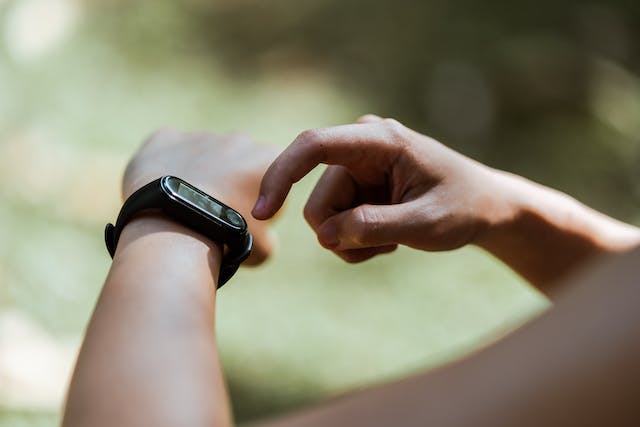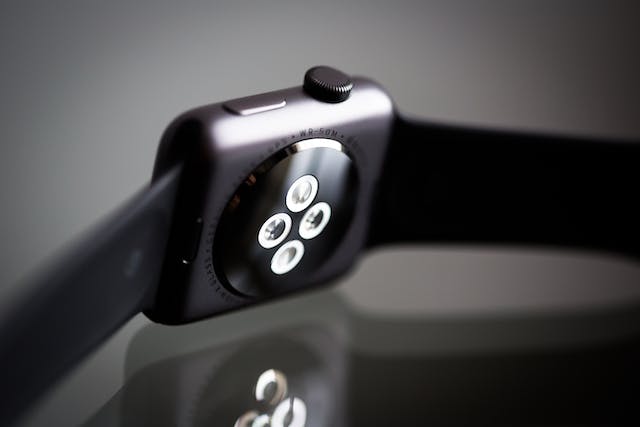Decoding the Accuracy of Fitness Watches: Are They Truly Reliable?
Are Fitness Watches Accurate?
Fitness watches have become an integral part of our health and fitness routines, promising to monitor our activities, heart rate, sleep patterns, and more. However, the burning question remains: Are fitness watches accurate in tracking these metrics reliably?
Introduction to Fitness Watches
In recent years, the market has witnessed an explosion of fitness watches catering to varied consumer needs. These smart devices boast an array of sensors, promising to provide precise data on various health parameters. They have revolutionized the way individuals monitor their fitness progress.
Accuracy of Fitness Watches
While these watches offer convenience and accessibility, their accuracy remains a subject of debate. Factors like sensor technology, placement, and individual variability influence the accuracy of the data provided. Comparisons with medical-grade devices often reveal discrepancies in readings.
Technology Behind Fitness Watches
The technology used in fitness watches is evolving rapidly. Sophisticated sensors, such as photoplethysmography (PPG) and accelerometers, are employed to track metrics like heart rate and activity levels. Ongoing advancements continually enhance the precision of these devices.
The Celebrity Secrets To Looking Stunning 24/7
Achieving Thicker Thighs and Hips: Your One-Week Journey
Assessing the Accuracy
User feedback and reviews present a mixed bag of experiences regarding accuracy. However, several studies corroborate the reliability of these watches in tracking certain metrics. The accuracy varies based on the activity being monitored and the quality of the device.
Decoding the Accuracy of Fitness Watches: Are They Truly Reliable?
Improving Accuracy
Users can take certain measures to enhance the accuracy of their fitness watches. Calibration, proper placement, and regular software updates play a pivotal role in ensuring more precise readings. Manufacturers often release updates aimed at refining accuracy.
Limitations of Fitness Watches
Despite their technological advancements, fitness watches have limitations. Instances like erratic readings during high-intensity workouts or variations due to skin tone differences can affect the accuracy of these devices.
Benefits Beyond Accuracy
Beyond their accuracy concerns, fitness watches offer a plethora of benefits. They serve as motivational tools, encouraging individuals to stay active, monitor progress, and even manage stress levels. Their utility extends beyond just tracking metrics.
Conclusion
In conclusion, while fitness watches may not be 100% accurate in all scenarios, they offer significant utility in tracking health and fitness metrics. Users must understand their limitations while appreciating the convenience and motivation they provide.
FAQs
Do fitness watches accurately measure heart rate during intense workouts?
Can fitness watches track sleep patterns accurately?
How often should I calibrate my fitness watch for better accuracy?
Are fitness watches suitable for professional athletes who need precise data?
Do fitness watches work equally well for different skin tones?













0 Comments